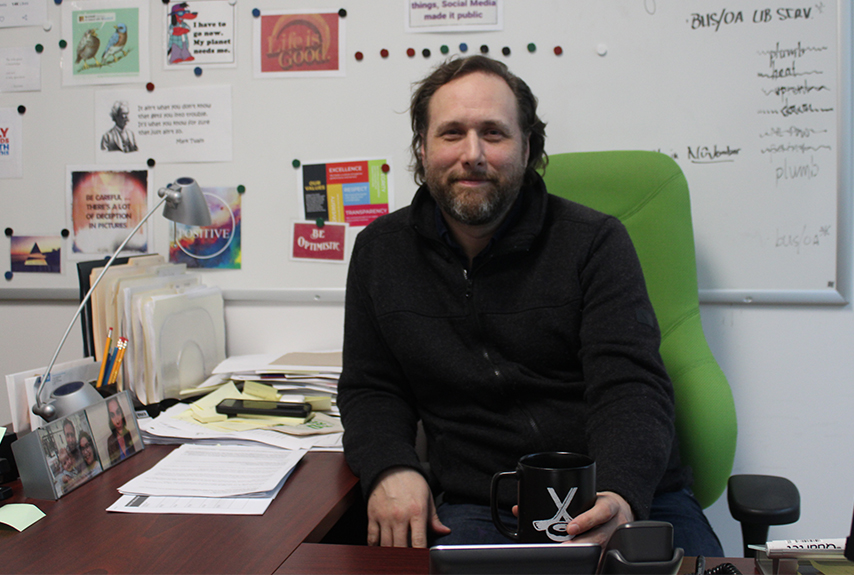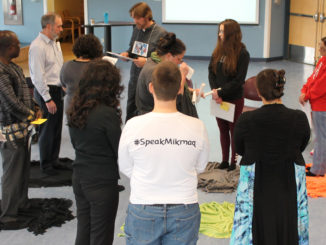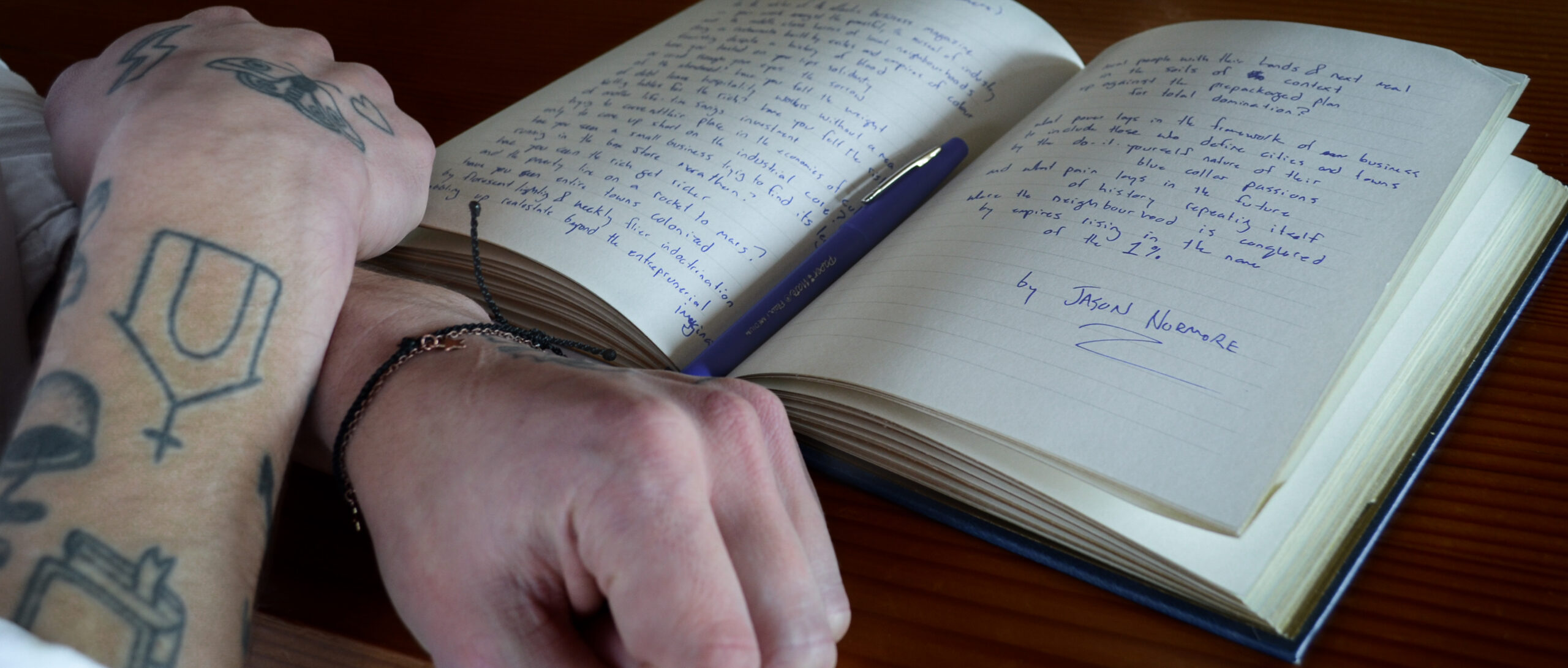A powerful artificial intelligence tool produces impressive human-like text in a matter of seconds. But the ease of using it might be at the cost of something more valuable.

Arlette Lazarenko
Kicker
The dread from staring at a blank page is a familiar feeling to many students. However, a new online software might be a tool that makes writing less daunting.
ChatGPT is an online artificial intelligence chatbot that will write almost anything imaginable – essays about elephant trunks, an email to calm an angry employer, a list of fun activity suggestions for preschool teachers and even code for new software.
The bot was launched by the company OpenAI on Nov. 30. It took roughly a week for the software to reach one million users.
“I can see this tool being integrated into libraries for quicker research,” said Andrew Wood, a librarian at College of the North Atlantic in St. John’s.
He briefly pauses, then chuckles. “But some people can say it could replace the librarian entirely.”
The pool of ChatGPT’s information is filled with text from millions of web pages and documents. So, instead of manually scrolling through pages online, ChatGPT tells users the information they asked for in a paragraph.
Wood says he sees how this technology can come in handy for research and writing, especially as it becomes more widespread.
“Students need to develop their skills in their chosen fields and be able to do their work, but at the same time, they might need to get some experiences using these tools as businesses integrate AI into their models.”
Students should keep in mind that “information is never neutral,” Wood said. Information can’t be completely separated from context.
He says the ability to spot how information is arranged and used for arguments is crucial for students’ critical thinking practice.
And this is where ChatGPT comes with limitations.
ChatGPT’s knowledge base is limited to information gathered from the Internet up to 2021, so it can’t pull current information. Knowledge taken from internet can sneak into ChatGPT as bias, general opinions and misinformation disguised as facts.
In a tweet, OpenAI SEO Sam Altman said, “It’s a mistake to be relying on it (ChatGPT) for anything important right now. It’s a preview of progress; we have lots of work to do on robustness and truthfulness.”
Not stopping at research
The ease of generating information with ChatGPT could seduce students into letting it write their assignments entirely, which is just another form of cheating.
Jeremy Citrome is an English professor at Memorial University. His courses include teaching English writing, essay writing and research on literature.
Citrome evaluates his students’ writing and thinking skills without the presence of computer technology as much as possible.
“I’m pessimistic about this new technology,” Citrome said. “This is only one more obstacle in the long-developing line of negative effects technology has on student performance.”
Citrome, who wrote a book on medieval English literature, knows the writing process well.
He says he is sympathetic to students living through these times with easy-access technologies that make thinking and sitting with problems much more challenging than before. And so, he says, technologies such as ChatGPT add to the growing threat of thinking skills being eroded in society.
“They will lack opportunities to practise critical thinking, practise actual writing and practise expressing their thoughts. I don’t think it’s any different than buying an essay and editing in some lecture notes.”
Another writer with reluctance towards ChatGPT is Sobia Shaheen Shaikh. She is a faculty member at Memorial University’s school of social work, and her short stories have been published by Breakwater Books.
“(ChatGPT) might give you a place to start – like when I’m using writing prompts that help me when I feel stuck,” she said.
However, Shaikh brings up a potential danger in relying too much on AI. When students and writers don’t allow themselves to make mistakes, write badly or even brainstorm ideas when they face the blank page, they lose valuable skills, she says.
“We lose so much when we don’t (brainstorm),” Shaikh said, “I’m not a psychologist, but I think we lose so much in terms of understanding the connection of relationality and the capacity to integrate knowledge. You become de-skilled.”
One of many tools
Could ChatGPT be to research and writing what a calculator is for math?
Citrome doesn’t think so.
“Math is not a subjective field, and writing about literature or philosophy is in some ways subjective. And so, once they start, who’s to say how far the program goes in directing the students’ arguments?”
In response to this question, Shaikh says that, unlike arithmetic math, writing doesn’t have a right or wrong answer. Instead, it’s a way to be heard and understood.
Finally, Wood says AI might be a powerful tool, but it is one in many.
“Judging by history,” Wood said, “I think AI will be an addition to all the other tools. Just like DVDs and Netflix didn’t completely replace movie theatres. (ChatGPT) might now be the popular new tool, but all the previous tools will still exist, and there will be people who use them.”




Be the first to comment